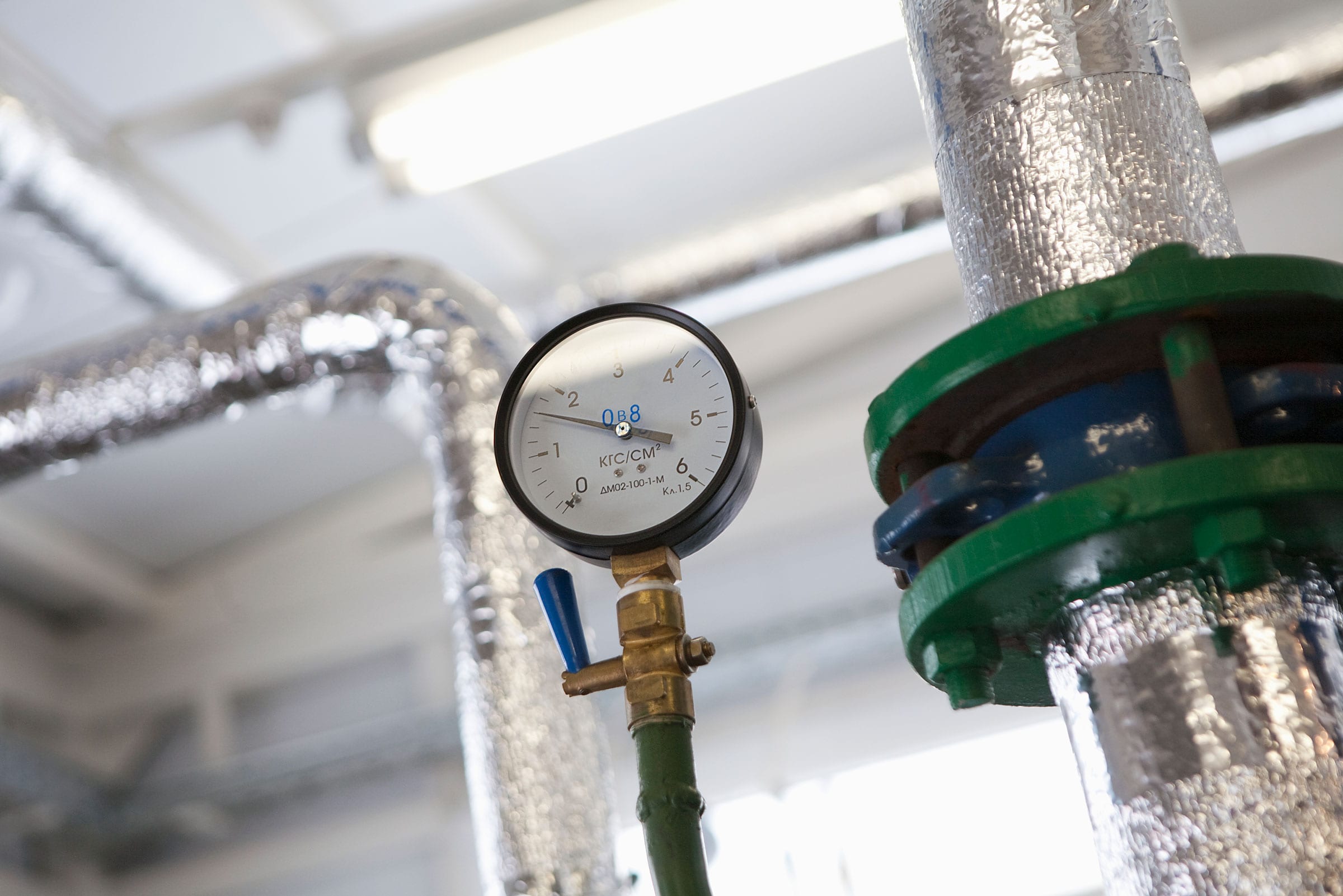Your company’s combustion system needs care and attention to perform correctly. With so many moving parts and constant factors to keep up with, combustion system upkeep sometimes takes a back seat.
As you could imagine, this can spell disaster for industrial burner operations.
Not only can a lack of combustion system maintenance be potentially dangerous, but it’s also not very cost-effective. Unnecessary wear from a lack of attention can cause unneeded repairs or possibly even costly replacement. So, in order to save you both time and money, we’ve come up with some tips and tricks to maintain your industrial combustion system properly.
Don’t Ignore Your Operations Manual
Sure, this “tip” may seem like an obvious tidbit of information, but it’s, unfortunately, a piece of advice that is often overlooked. Nearly every piece of industrial burner equipment comes with a handy instruction manual that gives some pertinent information about its operation. The valuable information included in these manuals can provide a wide variety of beneficial knowledge that can go a long way for combustion operations.
- General information
- Safety instructions
- Troubleshooting guides
All of these combine to form not only safe operation but also time (and money) saving instructions. The more educated you become regarding your combustion system, the less time you’ll need to spend troubleshooting or hiring a technician to fix a minor issue.
Keep An Eye on Your Blower Rotation
Sometimes, you’ll notice your combustion system doesn’t have enough design air pressure. One of the more common issues is that the blowers aren’t in proper rotation. This is a popular startup issue that happens during a retrofit system or new installation. Wiring mistakes like this one are all too common.
If your blower rotation is off, you risk a lot of capacity issues. Furthermore, you may end up with motor problems down the road. So, if you notice that your pressure is off, make sure to check your blower rotation.
Inspect Your Industrial Heating Equipment
 At least once a month, you should be taking a trip around your heating equipment to inspect for any issues. Not only is this important for the equipment — but also for staff. Communication between your supervising staff and employees should be positive and clear.
At least once a month, you should be taking a trip around your heating equipment to inspect for any issues. Not only is this important for the equipment — but also for staff. Communication between your supervising staff and employees should be positive and clear.
Scheduling a monthly inspection will get everyone on the same page. This walkthrough is especially helpful so that the supervising staff and operators can view the system together. This process can eliminate any miscommunications or misunderstandings regarding operation or maintenance. Besides, more eyes on a system only serve to improve the quality of inspections.
Take Care of Soot, Carbon, and Debris on the Floor
If you notice any so or carbon on the floor, operators should take notice and have a combustion service technician take a look. These are common signs that it may need a tune-up before more costly repairs show up.
However, radiant-tube furnaces or alloy-lined equipment can produce shiny or glitter-like debris. If you notice these on the floor, they may be oxides from atypical oxidation occurring that can be the byproduct of “lean burn.”
Remain Educated on Equipment Spec Changes
Luckily, online resources can keep you up to date on any changes that may have occurred regarding performance upgrades or EPA regulations. It’s your responsibility to remain knowledgable regarding any updates or additional components you may need for your burner.
As the years go by, more and more changes occur regarding your combustion system performance, operation, and maintenance. Staying vigilant by checking the web sites of the equipment manufacturer you use can keep you in the loop on any new changes that occur.
That being said, it’s also important to keep up with the times. Newer combustion systems and technologies shouldn’t be ignored. If performance and safety can be improved, it’s worth an investment. You may even lower your insurance premiums with enough upkeep and relevant technologies.
Stick With a Combustion System Plan
You can have all of the tips and tricks in the world, but if you don’t have a consistent maintenance and upkeep plan, it’s all for not. Whether that means you’re hiring service technicians on a regular schedule or performing the necessary maintenance steps in-house with trained service crews, a solid plan and consistent maintenance will save you time and money. It’s also crucial to have the right burner and combustion equipment on hand.
Overall, create a plan and stick to it. That’s the very best way to optimize performance while remaining safe.





